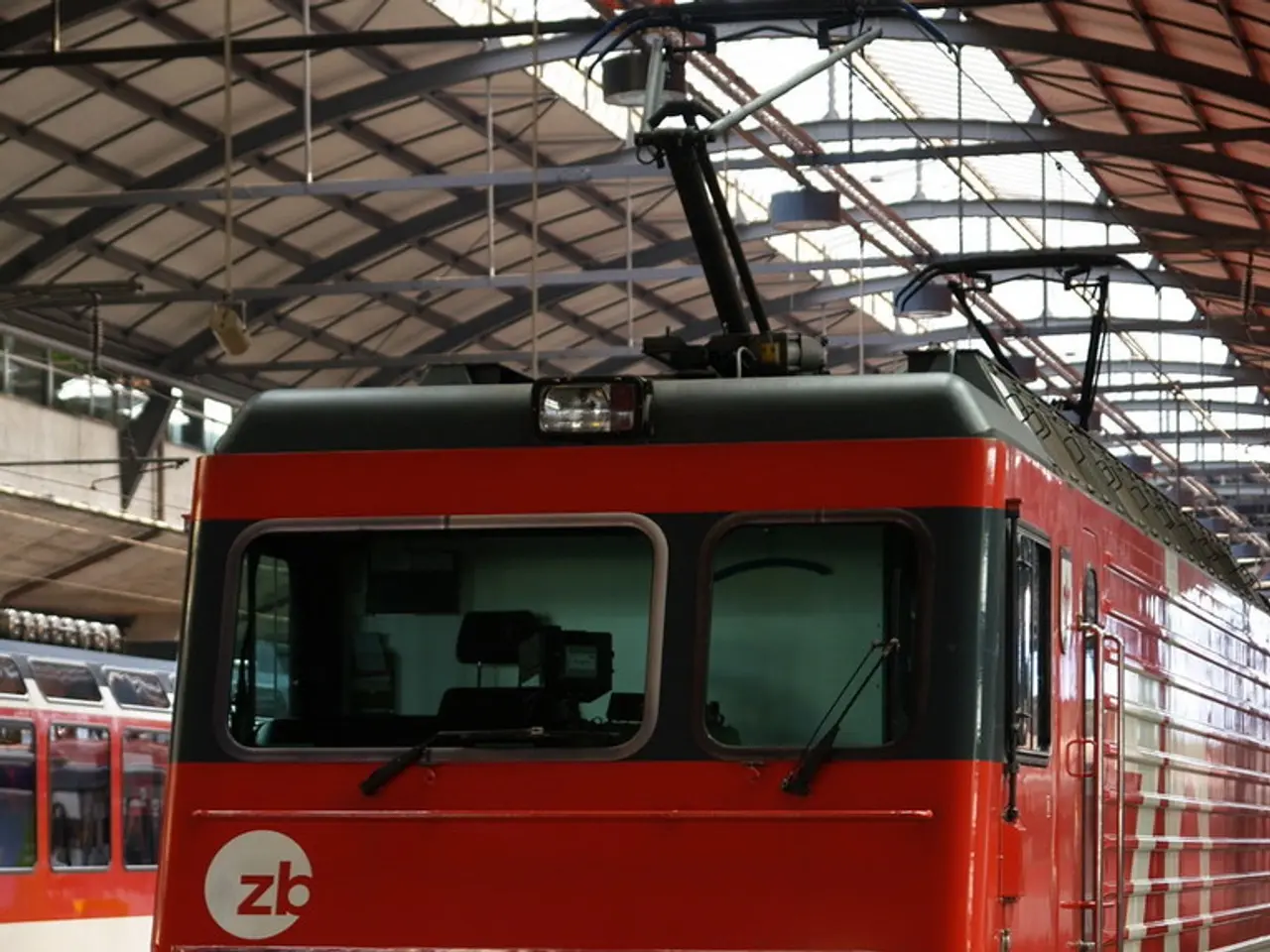Steel sector of Nigeria to undergo transformation - Government Official
The Nigerian government has set its sights on repositioning the steel industry as a key driver of industrialization and economic diversification. This ambition was underscored at the recent National Steel Summit, a two-day event with the theme 'Rebuilding and Consolidating Nigeria's Steel Industry: Collaborative Action for Sustainable Growth and Global Competitiveness'.
President Bola Ahmed Tinubu, who took office on May 29, 2023, has promoted the reorientation of the steel industry as a driving force for industrialization and economic diversification. In his address at the summit, Tinubu decried the fact that despite Nigeria's vast natural endowments in iron ore, limestone, and coal, the country imports over 90% of the steel it consumes.
The objective of the summit was clear: to appraise the current status of the industry, explore investment opportunities, identify policy and infrastructure gaps, and provide recommendations. The commissioning of steel companies would require about eight million tonnes per annum of local steel raw materials consumption. To this end, the steel industry plays a critical role in the realization of various goals, especially as it relates to industrialization, manufacturing, and unlocking the natural resources potential of the country.
The Ajaokuta Steel Company and the former Delta Steel Company, with a combined installed capacity of 2.3 million tonnes per annum, are key players in this industry. However, the Ajaokuta Steel Company, once envisioned as Nigeria's industrial crown jewel, stands idle, a monument to abandoned ambition.
The steel industry in Nigeria is made more competitive with the availability of infrastructures like rail, efficient/affordable power supply, access roads to the mines, port facilities/harbors, inland waterways navigations, and natural gas supply. These enablers are crucial for the industry's growth and global competitiveness.
The Minister of Steel Development, Prince Shuiab Audu, made this statement at the opening of the National Steel Summit. He emphasized the need for deepening collaborative partnerships, knowledge exchange between industry players and policy makers, and inclusive dialogue to forge a common realistic direction for a sustainable Nigerian steel industry.
The vision is to transform Nigeria into a regional steel powerhouse, achieving self-sufficiency, generating employment, conserving foreign exchange, and building the industrial base that will drive the economy for generations to come. This commitment aligns with the President's Renewed Hope Agenda, which aims to grow Nigeria's Gross Domestic Product (GDP) to a three-trillion-dollar economy by 2030.
Tinubu's administration is determined to reposition the steel industry to become a viable sector. The steel industry is considered the critical backbone of an industrialized value chain, being the essential base material for significant sectors such as construction, automobiles, electronics, shipbuilding, military equipment, and telecommunications.
By focusing on the steel industry, Nigeria aims to become a key player in Africa, positioning itself as a regional hub based on its various obvious enablers to advantage. The summit aims to foster this ambition by providing a platform for collaborative action, knowledge exchange, and inclusive dialogue, ultimately paving the way for sustainable growth and global competitiveness in the Nigerian steel industry.
Read also:
- Li Auto faces scrutiny after crash test involving i8 model and a truck manufacturer sparks controversy
- Affordable New Arrival: Chery Tiggo 4 Sets to Be Among the Most Economical New Vehicles Available on the Market in NZ
- Industrial blasts at US Steel facility in Pennsylvania claim one life, one person is unaccounted for, and ten individuals suffer injuries
- Shift in Earth's Bottled Supplements Towards Paper Caps for Universal Adoption








